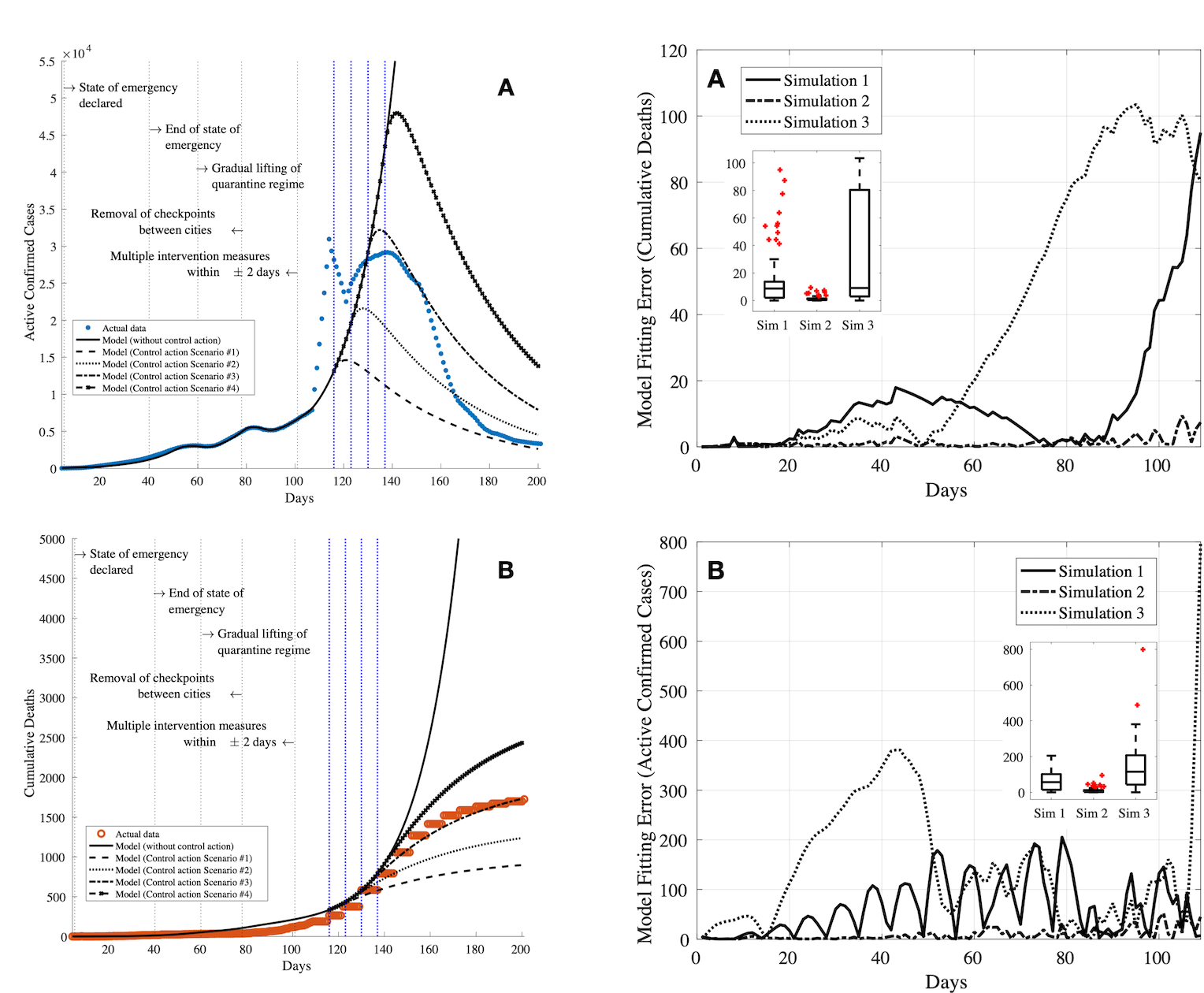Latest Research on COVID-19 to be Published in PeerJ [Updated: DOI link available]
Our research on “Assessing the effects of time-dependent restrictions and control actions to flatten the curve of COVID-19 in Kazakhstan” has been accepted to be published in PeerJ.
Abstract: This paper presents the assessment of time-dependent national-level restrictions and control actions and their effects in fighting the COVID-19 pandemic. By analysing the transmission dynamics during the first wave of COVID-19 in the country, the effectiveness of the various levels of control actions taken to flatten the curve can be better quantified and understood. This in turn can help the relevant authorities to better plan for and control the subsequent waves of the pandemic. To achieve this, a deterministic population model for the pandemic is firstly developed to take into consideration the time-dependent characteristics of the model parameters, especially on the ever-evolving value of the reproduction number, which is one of the critical measures used to describe the transmission dynamics of this pandemic. The reproduction number alongside other key parameters of the model can then be estimated by fitting the model to real-world data using numerical optimisation techniques or by inducing ad-hoc control actions as recorded in the news platforms. In this paper, the model is verified using a case study based on the data from the first wave of COVID-19 in the Republic of Kazakhstan. The model is fitted to provide estimates for two settings in simulations; time-invariant and time-varying (with bounded constraints) parameters. Finally, some forecasts are made using four scenarios with time-dependent control measures so as to determine which would reflect on the actual situations better.
The paper can be downloaded here.


Comments